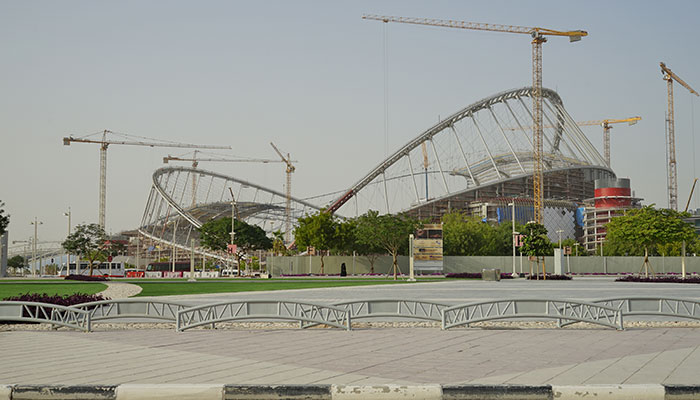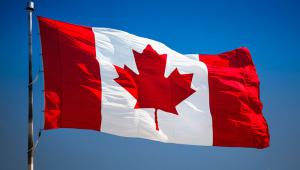web_qatarworldcup_shutterstock_557676559.jpg

Qatar is reportedly splurging $500m per week on infrastructure projects in preparation for its hosting of the 2022 World Cup, but these projects could be delayed or cost more as a result of a diplomatic rift with the country's neighbours.
Implications for the public finances, meanwhile, are “unclear”, with the potential effects possibly balancing one another out, the ratings agency continued.
Saudi Arabia, Bahrain, the United Arab Emirates and Egypt broke off diplomatic ties and land, sea and air travel to the peninsula state this week, citing Doha’s alleged support for extremist groups.
The move threatens Qatar’s status as a key supplier of natural gas to Asia and Europe, which has helped make the country one of the richest in the world, although its exports to the UAE through a key pipeline appear so far to be unaffected.
Given its high dependence on imports from Saudi Arabia, Doha’s ability to provide food at home will also be affected.
Fitch warned that the financial and economic implications of the rift for Qatar will become more serious as the dispute persists, but consequences are also dependent on Doha’s policy response and ability to maintain stability.
“Fitch assumes that the countries involved will seek to avoid a prolonged standoff with the attendant risks to Qatar’s economy and regional stability,” the agency continued, adding that Qatar’s wealth of foreign assets should help it to handle temporary economic disturbances.
It warned however that inflation could spike if the wholesale closure of borders continues. Qataris have already flocked to supermarkets to stock up on food and other basic goods, aware the blockade could see supplies dwindle.
The three Gulf states have also blocked their citizens from travelling to Qatar – with the UAE even threatening those that express sympathy for the nation with jail – and given Qataris living in their countries two weeks to go home.
As a result, tourism, trade and hospitality sectors are likely to suffer, Fitch said, with visitors from the Gulf making up almost half of all those travelling to the country.
The Gulf states have also said they would pursue legal avenues to block friendly countries from travelling to and from Qatar through their airspace.
Fitch said Doha can expect a drop in revenues from its state-owned Qatar Airways, while the country’s ambitious programme of infrastructure building could be delayed or see costs rise, with the supply of materials coming largely from the UAE.
Qatar is ploughing money into capital projects ahead of its hosting of a number of international events, including the 2022 football World Cup.
The overall impact on the government finances, however, is “unclear”, Fitch said.
“Like other sectors of the economy, the government directly or indirectly imports a large part of the goods and services it needs, which could delay a return to fiscal surpluses,” Fitch’s statement said.
“The government might also provide financial support to those sectors of the economy that are particularly affected. However, any cutbacks to capital spending would have a positive fiscal impact, and slowing growth in itself would have little revenue impact given the government’s low tax base.”
Qatar’s public accounts are already in an unusual level of disarray. The oil-rich nation saw its revenues plummet as a result of depressed commodity prices – a development that saw all the wealthy Gulf states suddenly struggling to maintain the lavish spending they were used to.













